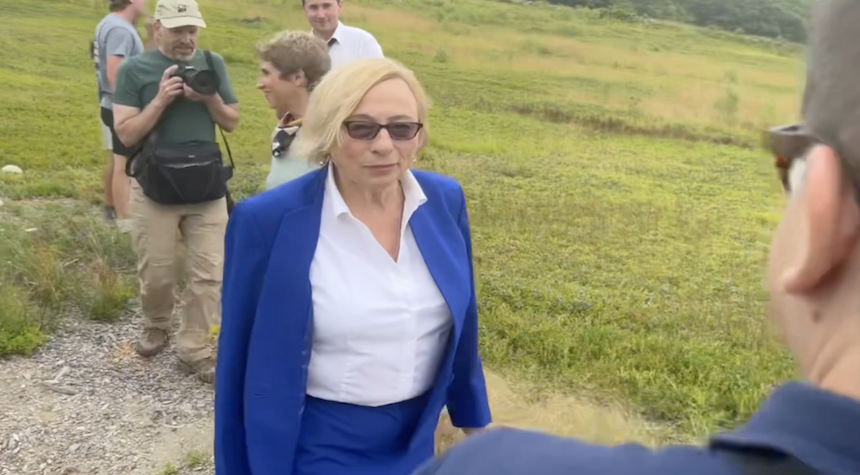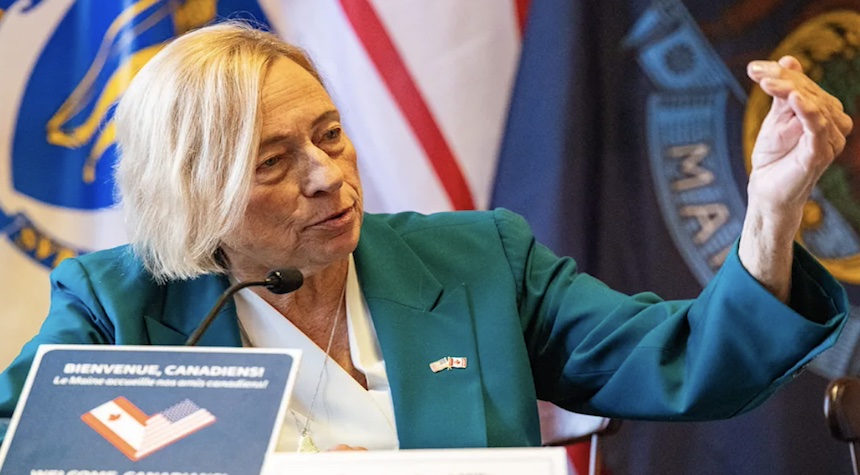Governor Janet Mills of Maine, a Democrat, has recently faced public questions regarding allegations of past cocaine use. The situation unfolds against a backdrop of decades-old investigations and current political tensions.
Earlier this month, during a tour of Brodis Blueberries, Governor Mills was confronted by an individual who asked if cocaine had given her “the courage to stand up to President Trump at the governor’s breakfast.” This refers to a February meeting of the National Governors Association where Mills and Trump disagreed over transgender athletes in women’s sports. The governor appeared to laugh off the question and did not respond.
In the early 1990s, while Mills was serving as a district attorney, she was investigated by federal and state agencies after a drug suspect accused her of using cocaine. No charges were filed, and the investigation was dropped. Mills has consistently maintained that the probe was politically motivated due to her Democratic affiliation and criticism of drug enforcement practices.

However, the significance becomes clear when we consider recent developments. A 1995 memorandum from the Department of Justice’s Office of Professional Responsibility, addressed to then-Principal Associate Deputy Attorney General Merrick Garland, contradicts Mills’ claim of political targeting. The memo states that there was no misconduct by authorities in the investigation.
This raises important questions about the long-term implications of unresolved allegations in public office. Governor Mills’ term is limited, and speculation has arisen about her potential candidacy for the U.S. Senate seat currently held by Republican Susan Collins, who is up for re-election in 2026.
The evidence suggests that this issue remains contentious, with Governor Mills continuing to face public scrutiny over the allegations. When recently asked in Washington, D.C., if “sniffing cocaine at work” is a “human right,” Mills reportedly responded with an expletive.
As this story develops, it will be crucial to distinguish between verified facts and unsubstantiated claims. The public’s right to information must be balanced with the principles of due process and the presumption of innocence.

